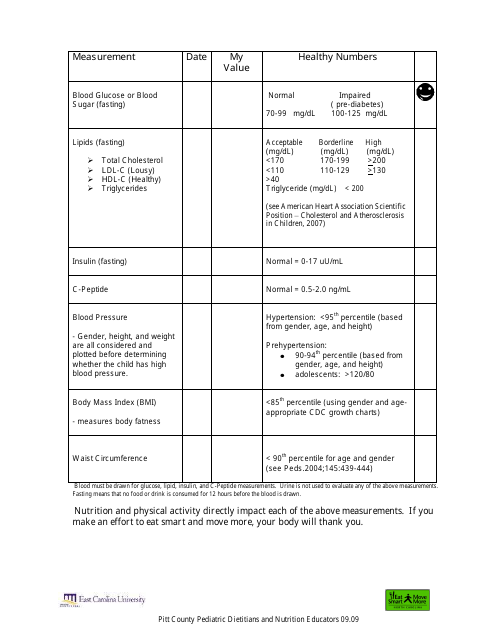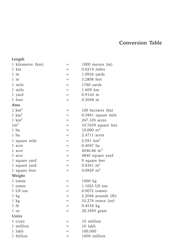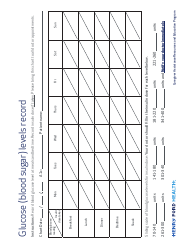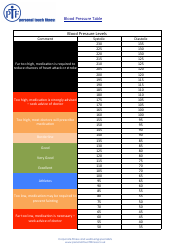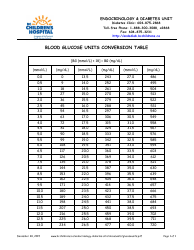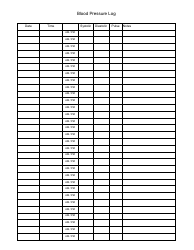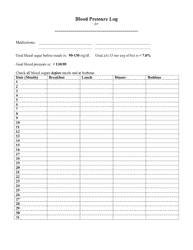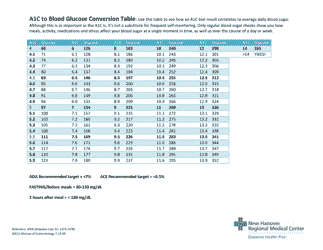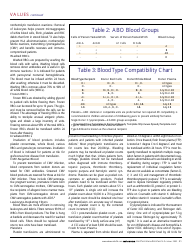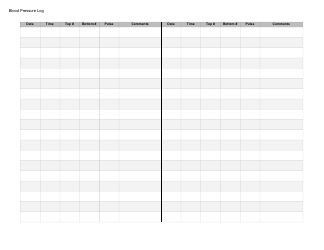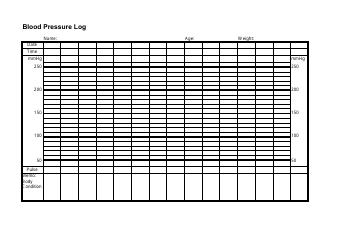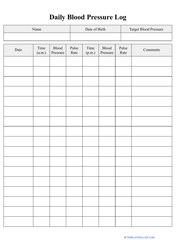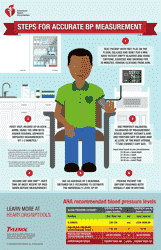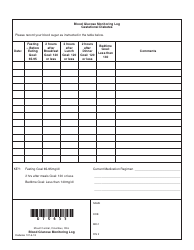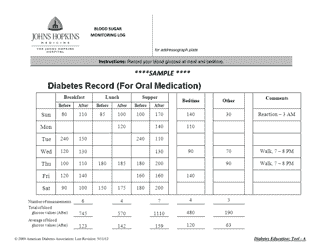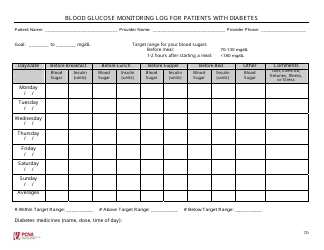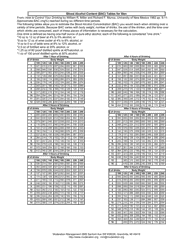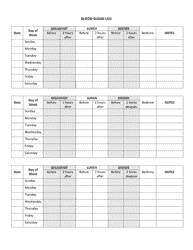Blood Measurements Table
The Blood Measurements Table is a reference chart that provides information on various blood tests and their normal range values. It helps healthcare professionals interpret blood test results and identify any abnormalities or potential health issues.
FAQ
Q: What is a blood measurement?
A: A blood measurement is a test that measures different components of blood, like red and white blood cells, hemoglobin levels, and cholesterol.
Q: Why are blood measurements important?
A: Blood measurements provide valuable information about a person's overall health and can help diagnose and monitor various medical conditions.
Q: What are some common blood measurements?
A: Common blood measurements include complete blood count (CBC), glucose levels, lipid panel, and liver function tests.
Q: How are blood measurements taken?
A: Blood measurements are taken by drawing a small sample of blood, usually from a vein in the arm, and then analyzing it in a laboratory.
Q: What can blood measurements indicate?
A: Blood measurements can indicate conditions such as anemia, infection, diabetes, high cholesterol, liver disease, and many others.
Q: Are blood measurements accurate?
A: Blood measurements are generally accurate, but results can vary depending on the laboratory techniques and equipment used.
Q: Can blood measurements be done at home?
A: Some blood measurements can be done at home using portable devices, but more complex tests usually require professional medical laboratories.
Q: How often should blood measurements be done?
A: The frequency of blood measurements depends on a person's health condition and their healthcare provider's recommendations.
